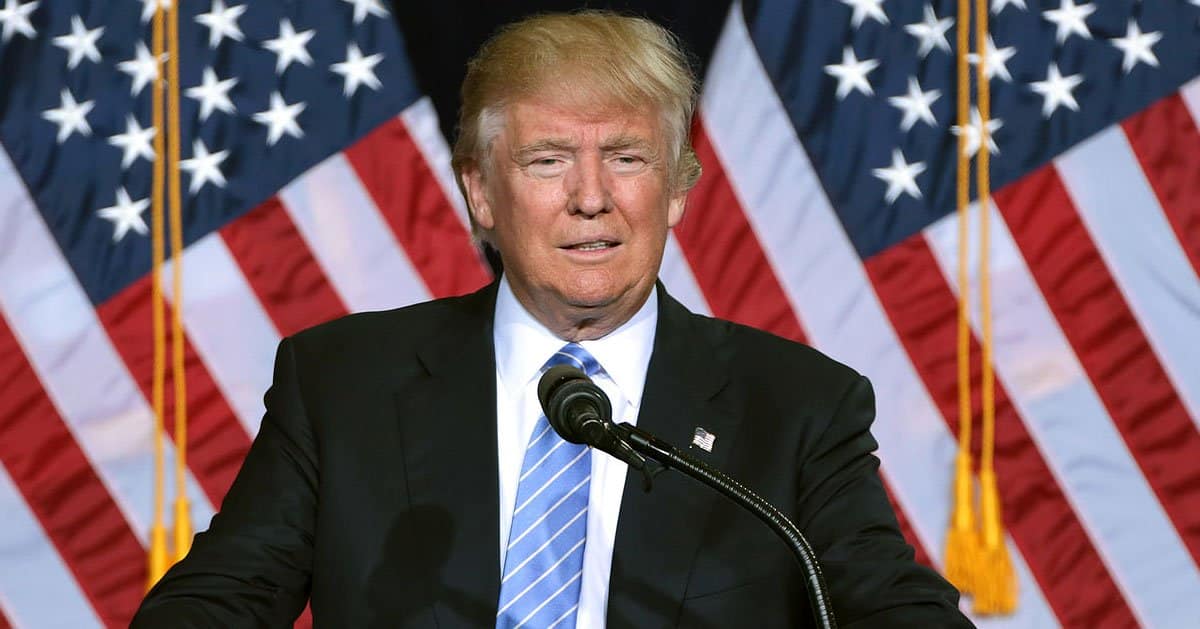The Washington Examiner reported that this strategic choice mirrors an earlier Democratic ticket, where Senator Tim Kaine was chosen by Hillary Clinton in 2016. This announcement has sparked a considerable conversation about the Democratic strategy for the forthcoming election.
Governor Tim Walz, having served as Minnesota's governor since 2019, brings a wealth of experience to the Harris campaign.
His background as a governor of a state that leans Democratic but remains competitive in national elections adds a strategic advantage. Walz's gubernatorial tenure has seen him navigate complex political waters, similar to those faced by Tim Kaine in Virginia.
The comparison between Walz and Kaine extends beyond their shared gubernatorial experiences. They both hail from states, of Minnesota and Virginia respectively, which have been battlegrounds in past elections, pivotal to the election outcomes in both 2016 and 2020. Their political journey reflects a broader strategy employed by the Democratic Party to engage similar voter demographics across election cycles.
Kaine's Minnesota Roots Connect Two VP Candidates
Interestingly, both candidates share more than a professional background; they also have ties to Minnesota. Senator Tim Kaine, despite being a long-serving figure in Virginia's political scene, was born in St. Paul, Minnesota.
This connection links him and Walz not just in professional capacity but also in personal origin, highlighting a deep-rooted history in the region where political careers were influenced.
Senator Kaine's words of encouragement to Walz reflect a mentor-like endorsement. "From one Tim to another, congratulations on becoming Kamala Harris’s running mate," Kaine said, expressing his support for Walz's selection and emphasizing the promise they both hold in continuing Democratic leadership. His sentiment underscored the camaraderie and shared vision between the two Tims.
Kaine’s involvement in the 2016 elections as a vice-presidential candidate paired with a female presidential hopeful parallels Walz’s current position. Both align with groundbreaking attempts in American politics to push for more diverse and representative leadership, reflecting an ongoing theme of breaking through traditional political barriers.
Tim Walz’s appeal to "blue wall" voters - those in states critical to securing a Democratic electoral victory - is seen as vital for the Harris campaign. His noteworthy approach and comments have resonated well within this demographic, particularly when he notably described Senator J.D. Vance as "weird," attracting attention to his straightforward and candid manner.
Both Walz and Kaine have cultivated “nice guy” personas throughout their political careers, a characteristic that has played a double-edged sword.
Misgivings About Walz Selection
While this image has endeared them to many, it has also drawn criticism, particularly towards Kaine, who faced remarks about being "too nice" during the contentious 2016 election cycle. These personality traits define their political approach, focusing on diplomacy and consensus over confrontation.
As Governor Walz steps into his new role, his declaration of commitment underscores his readiness to tackle the national stage. “It is the honor of a lifetime to join Kamala Harris in this campaign. I’m all in," Walz stated, drawing parallels to the excitement of new beginnings and rallying support for a united Democratic front.
The selection of Walz as Harris’s running mate does not occur in isolation but rather as part of a larger narrative within the Democratic Party.
The approach reflects an ongoing strategy to maintain and expand their influence in key electoral regions, ensuring continuity in engaging with demographics crucial for electoral success. The resonant message of inclusivity and progress that both Kaine and Walz bring furthers this aim.
As noted by Walz and Kaine, the synergy of their experiences and backgrounds is positioned as a formidable force in the landscape of American politics. The Democratic Party hopes that this pairing will bring about a repeat of past successes while breaking new ground in a complex political era.
Conclusion
In conclusion, the choice of Governor Tim Walz as Vice President candidate alongside Kamala Harris represents both continuity and innovation in Democratic electoral strategy.
Their shared traits, combined with their individual successes in governance, present a dynamic ticket aimed at addressing critical voter segments while championing a progressive agenda for America. The upcoming election will reveal the efficacy of this strategy, with both Walz and Harris at the forefront of this historic push.















